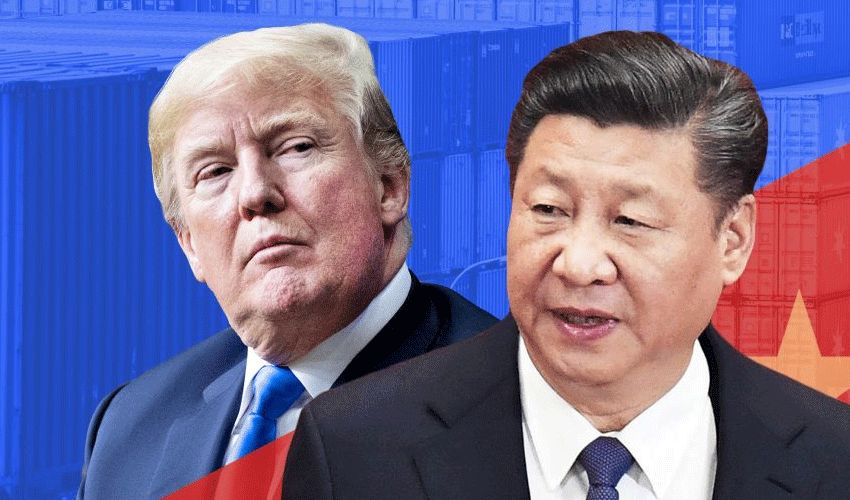China has strongly warned nations against "appeasing" the United States in ongoing trade talks, urging countries not to compromise their interests by siding with Washington in exchange for exemptions from US tariffs.
The warning comes as the Trump administration continues to apply pressure on global trading partners in its ongoing tariff dispute with China.
A spokesperson for China’s Ministry of Commerce delivered the statement on Monday, reacting to reports that the United States is leveraging its trade negotiations to push countries into restricting trade with Beijing. Washington’s tactic includes offering exemptions from import taxes to countries that align with its tariff strategy against China.
The US has been imposing heavy tariffs on Chinese imports, with taxes reaching as high as 145% on several goods. In response, China has retaliated with its own set of tariffs, including a 125% levy on American products. Despite a brief pause in tariff increases for most nations, except China, under the Trump administration's pressure, several countries have moved forward with trade discussions to reduce tariffs or secure better deals.
China’s strong rebuff
"Appeasement cannot bring peace, and compromise cannot earn respect," said the spokesperson. "China believes that all parties should stand on the side of fairness, defend international economic and trade rules, and support the multilateral trading system." The statement marks China’s firm stance against any trade agreement that harms its economic interests and reflects its growing frustration over the continued tariff war.
The commerce ministry spokesperson added, "To seek one’s own temporary selfish interests at the expense of others’ interests is to seek the skin of a tiger. Such an approach will ultimately fail on both ends and harm others."
Beijing has warned it will take “reciprocal countermeasures” against any country that strikes a trade deal with the US that negatively impacts China, reiterating its commitment to safeguarding its economic sovereignty.
The Global Impact of US Tariffs
The impact of US tariffs on China has been profound, with Beijing retaliating with duties on American goods. Several nations, including Japan and South Korea, have found themselves in a difficult position, with both dependent on the US and China for trade. A recent analysis by Jesper Koll, an economist at Monex Group, pointed out that 20% of Japan’s profitability comes from the United States, while 15% comes from China, underscoring the delicate balancing act these nations face in the trade war.
"The challenge for Japan, and other nations in a similar situation, is how not to be forced to choose between the two giants—America and China," Koll said.
Trump’s Ongoing Tariff War
Since President Trump’s inauguration, the US has launched a series of tariff measures aimed at curbing China’s economic influence and bringing manufacturing back to the US. The administration claims these tariffs are designed to benefit American workers and consumers by encouraging the purchase of domestically-produced goods.
However, critics argue that bringing manufacturing back to the US is a complex and long-term challenge, likely to take decades, and that the immediate effects of the tariffs could harm the US economy in the short run. This week, Trump announced a 90-day pause on tariffs for countries other than China, after facing backlash from both politicians and markets.
The President has continued to promote tariffs as a necessary step to level the global trade playing field, but his administration’s fluctuating approach has left many nations uncertain about the future of international trade agreements.
Negotiations and Global Tensions
As trade talks continue between the US and countries such as Japan, South Korea, and India, the pressure on Beijing remains intense. The Trump administration is reportedly using the ongoing negotiations to encourage other nations to impose further restrictions on trade with China in exchange for tariff exemptions.
China, however, has made it clear that it will not allow its interests to be sacrificed for temporary gains by other countries. The latest warning signals that Beijing is prepared to escalate its response if it perceives that any nation is compromising its interests in favor of the US.
As global trade dynamics continue to shift, the stakes remain high for all parties involved. Beijing’s response highlights the growing tension in an already fragile global trade environment and the challenges that smaller economies face as they navigate the pressures from both the US and China.

























